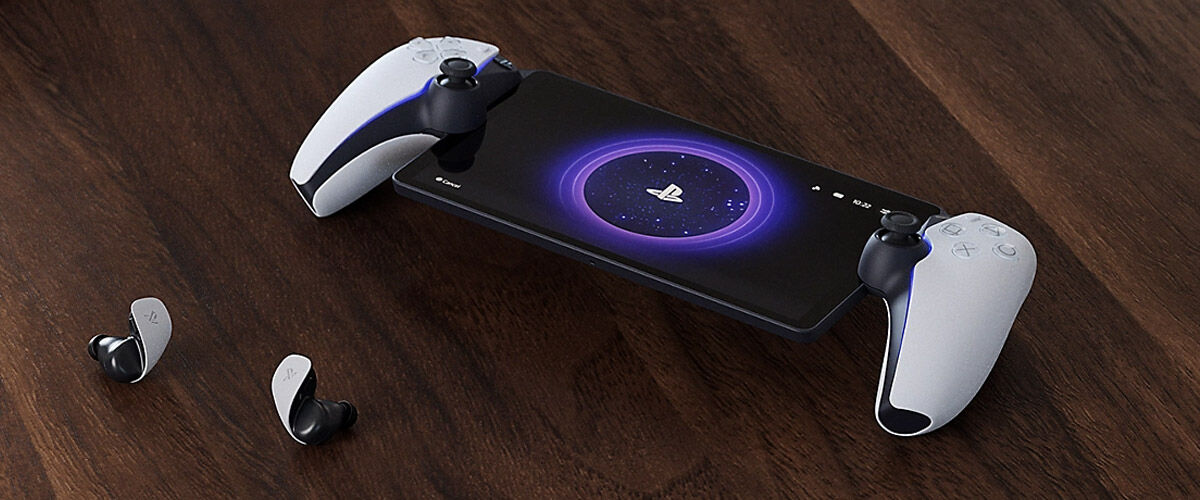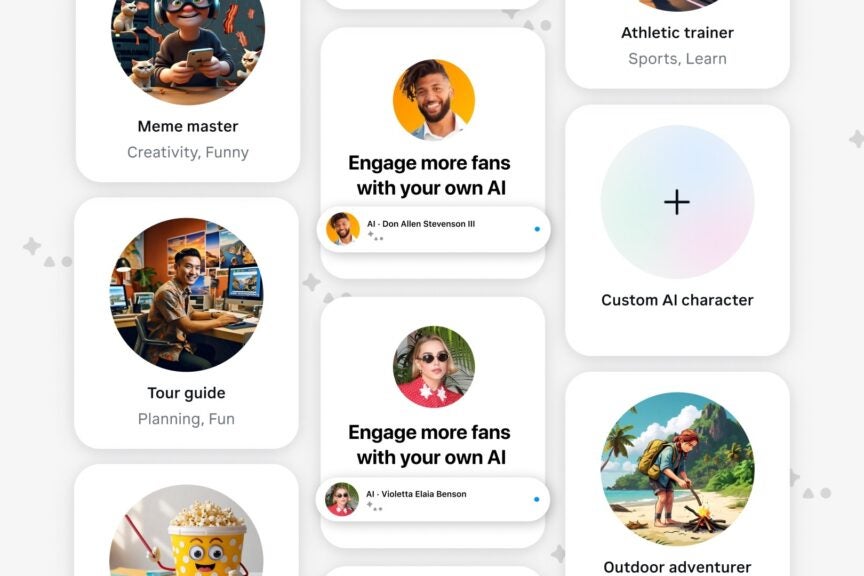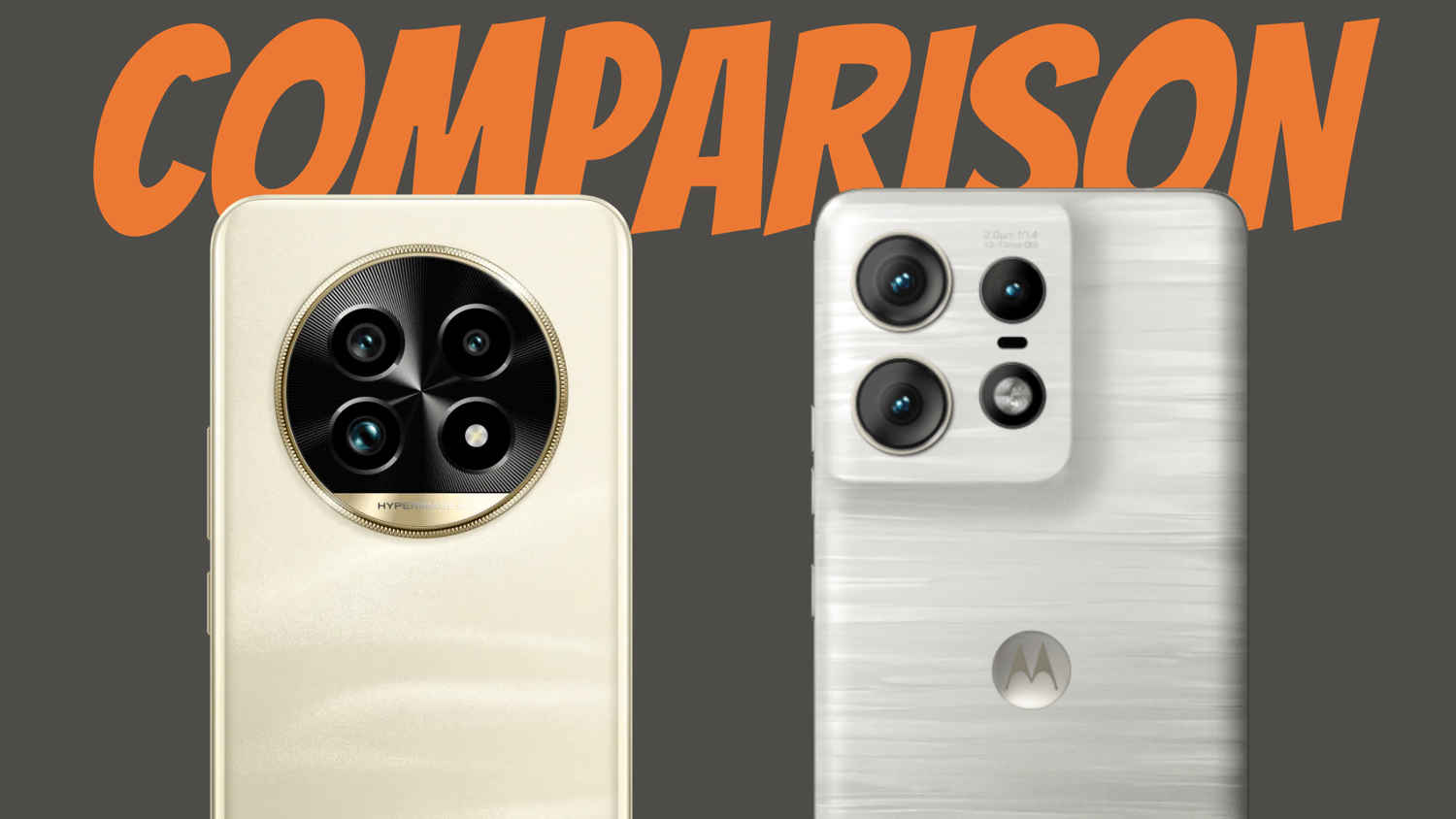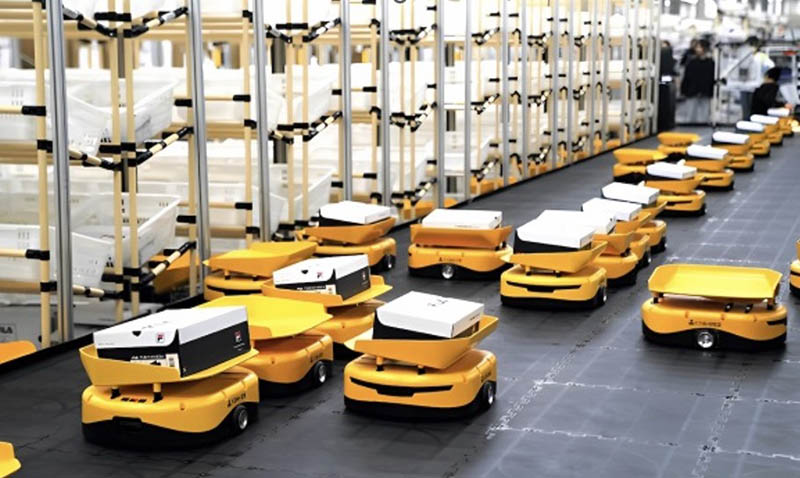- TECHSWU
- Posts
- TECHSWU # 84
TECHSWU # 84
Welcome to TECHSWU, your go-to destination for all things tech that matter in your daily life!



In a surprising development, Apple is reportedly considering entering the gaming console market once again. The company's previous attempt with the Pippin console in 1996 was unsuccessful, but Apple's current technological capabilities and market presence suggest that a new gaming console could be a viable venture.
Apple has already made significant strides in the gaming industry through devices like the iPhone and services like Apple Arcade. The company's advanced chipset technology, such as the A18 Pro, could potentially rival the performance of current-generation consoles.
Features like upscaling capabilities, high storage capacities, and integration with existing Apple services could further enhance the gaming experience. Industry experts speculate that Apple may announce the gaming console at its annual Mac event, and if released, it could be positioned as a competitor to Xbox and PlayStation with a price range of $250 to $300.
With its technological prowess and loyal customer base, Apple has the potential to disrupt the gaming console market and set a new standard for performance and value.

The PlayStation Portal, PlayStation's latest accessory, is set to launch in Singapore, Malaysia, Indonesia, and Thailand on September 4, 2024. The Portal allows users to play games in their bedrooms and brings the PlayStation 5 experience directly to their hands.
With features like adaptive triggers and haptic feedback, as well as an 8-inch LCD screen with 1080p resolution, the Portal offers a high-definition gaming experience. While PlayStation's marketing material suggests that the Portal can only be used at home, it can actually be used anywhere in the world as long as there is a stable Wi-Fi connection.
Preorders for the Portal will start on August 5, 2024, and it will be priced at S$295.90 / MYR 999 / IDR 3,599,000 / THB 7,790.

This article provides a list of the five best waterproof Bluetooth shower speakers in the UAE for 2024. The author takes a compassionate tone and aims to help readers find the ideal speaker to enhance their shower routine.
The article emphasizes the importance of clear vocals, balanced mids, and controlled bass for an enjoyable shower listening experience. The author recommends different speakers based on their features, such as durability, portability, and sound quality.
For each speaker, the article includes pros and cons, as well as warranty information. Additionally, the article provides tips to consider before buying a shower speaker, including sound quality, waterproof rating, durability, size, and weight.
The author acknowledges that the recommendations in the article are independently chosen and that the website may earn an affiliate commission.
In a recent leak, marketing materials for Google's upcoming Pixel 9 event have revealed the specs and features of the Pixel 9, Pixel 9 Pro, and Pixel 9 Pro Fold. The base Pixel 9 will have a 6.
3-inch display and 12GB of RAM, while the Pixel 9 Pro will come in 6.3-inch and 6.
8-inch sizes with 16GB of RAM. The Pixel 9 Pro Fold will feature a 6.
3-inch display when folded and an eight-inch display when unfolded, along with 16GB of RAM. All devices will be powered by Google's new G4 Tensor chip.
The camera specifications differ slightly from previous leaks, with the base Pixel 9 having a 10.5-megapixel front-facing camera and a rear setup with a 50MP wide camera and 48MP ultrawide lens.
The Pixel 9 Pro and Pixel 9 Pro Fold will have even more impressive camera features. Additionally, the leak highlights new AI-driven features that focus on enhancing photography, security, and overall user experience.
The official reveal of the Pixel 9 series is set for August 14th.


Meta Platforms, the parent company of Facebook, has announced the introduction of AI Studio, a new feature that allows users to create custom AI chatbots for their profiles. This feature will be available to creators with professional accounts, enabling them to develop a personalized chatbot that can serve as an "extension of themselves" and answer common questions from fans or followers.
Users will be able to guide their bots on the types of questions to respond to and topics to avoid. This new feature aims to attract creators and integrate AI into Meta's consumer products.
Meta CEO Mark Zuckerberg highlighted that this development will empower users to create their agents capable of managing content, interacting with customers, handling sales, and providing customer support.

According to leaks, the upcoming Google Pixel 9 smartphone will come with several new AI-powered features. The leaks suggest that Google is working to integrate its Gemini AI into the Google Home system.
Currently, Gemini passes Home commands to the Google Assistant, but with the new extensions, Gemini will gain the ability to make calls, create calendar events, take notes, adjust volume, launch apps, and take pictures. Additionally, there are rumors of a redesigned panorama mode to cater to fans of the disabled PhotoSphere mode.
These new features are expected to be announced at the Pixel 9 reveal event. One leaked feature, called "Call Notes," will allow the Phone app to record and transcribe calls, potentially offering call summaries as well.
Google's commitment to advancing AI technology showcases its dedication to providing innovative and convenient features for users.

Realme recently released its Realme 13 Pro+ smartphone in India, along with the Realme 13 Pro. Both devices feature the Snapdragon 7s Gen 2 processor and a 5200mAh battery.
In this article, we compare the Realme 13 Pro+ with the Motorola Edge 50 Pro. The Realme 13 Pro+ has a 6.
7-inch FHD+ AMOLED display with a 120Hz refresh rate, while the Motorola Edge 50 Pro has a 6.7-inch 1.
5K OLED display with a 144Hz refresh rate. Both smartphones have triple-camera setups, with the Realme 13 Pro+ sporting a 50-megapixel OIS main camera and the Motorola Edge 50 Pro featuring a 50-megapixel OIS main camera.
The Realme 13 Pro+ is priced at Rs 29,999, while the Motorola Edge 50 Pro starts at Rs 31,999 on Flipkart.


Flo, a women's health app, has reached unicorn status after securing a £156m Series C funding round, valuing the company at over $1bn. Flo, which was launched in 2016, provides comprehensive health tracking and insights for women at every stage of their reproductive journey, from menstruation to menopause.
The app has been downloaded over 100 million times and has become one of the most popular health apps available. The funding round was led by private equity firm General Atlantic, who praised Flo's status as a category leader and expressed excitement about the future of the women's health and wellness industry.
Flo's CEO, Dmitry Gurski, stated that the company's goal is to reach one billion users globally, with plans to offer free access to the app's premium tier in 66 countries.

The first generation of the free game, First Derivative, has experienced a decline of over 40% in players after one month of its release. While this may seem like a significant drop, it is actually a natural scenario for this type of video game.
Despite the decrease in players, First Derivative remains one of the most played games, with over 90,000 connected players. The game is ranked 16th, behind popular titles like 7 Days to Die, Rust, Stardew Valley, and Path of Exile.
It is important to note that direct competitor Warframe has even lower player stats. It will be interesting to see how much First Derivative can grow and how long it will last, especially with an upcoming new update.

NVIDIA has announced a suite of new tools and services to accelerate the development of humanoid robotics. The tools include NVIDIA NIM Microservices for robotics simulation, the OSMO Robot Cloud Compute Orchestration Service, and a teleoperated data capture workflow.
Jensen Huang, CEO of NVIDIA, highlighted the company's commitment to advancing humanoid robotics, stating that the next wave of AI is in robotics. The tools aim to simplify and accelerate the training and simulation workflows for robots, reducing development cycle times from months to under a week.
The suite of tools also includes AI-enabled teleoperation reference workflows and access to computing platforms for model training and refinement. Several companies have already joined the early-access program, expressing optimism about the tools' ability to boost their model development workflows.
Developers can join the NVIDIA Humanoid Robot Developer Program to access these new tools and updates.

Flo Health, a women's health app, has raised over $200 million in a Series C investment round led by General Atlantic, bringing its total funding to over $275 million. This investment has pushed Flo's valuation above $1 billion, making it the first femtech unicorn.
Flo offers support to women throughout their reproductive lives, providing cycle and ovulation tracking, symptom monitoring, health insights, and access to a digital community. The app has over 120 doctors and health experts on its platform.
Flo has experienced rapid growth, with nearly 70 million monthly active users and close to 5 million paid subscribers. The funding will be used to expand into new user segments, enhance health insights, and pursue strategic expansion opportunities.

Kuehne+Nagel, a logistics provider, has introduced a robotised order sorting system at its Châtres warehouse in France. The system, supplied by Chinese company Libiao Robotics, utilises collaborative autonomous mobile robots (AMRs) to improve productivity, handle high volumes during peak times, support human resources, and reduce manual tasks.
Kuehne+Nagel claims to be the first third-party logistics provider in France to automate order sorting in this way and the first of its warehouses worldwide to incorporate this technology. The Libiao solution allows the warehouse to maintain operations and flexibility, especially during seasonal peaks or site changes.
The AMRs, nicknamed "mini yellows" due to their distinctive color, receive parcels from warehouse operatives and transfer them to the correct bin for delivery, resulting in time savings and a near-zero error rate. The implementation of collaborative robots in warehouses is crucial, particularly in industries with significant seasonal variations, and this technology prioritizes the well-being and efficiency of employees.


Tech executives at the Fortune Brainstorm AI Singapore conference discussed the key factors for scaling AI adoption in Asia. They emphasized the importance of navigating cultural differences and understanding the needs of digital-savvy customers in the region.
Stephanie Sy, founder of data tech consultancy Thinking Machines, highlighted that Asian organizations have a different nature of knowledge work compared to their U.S.
counterparts, with a large pool of knowledge workers who are narrowly focused on specific tasks instead of applying technology to solve problems. Suthen Thomas Paradatheth, CTO at Grab, noted that many Asians are familiar with technology, particularly mobile devices, which provide opportunities for companies to collect more data and fine-tune AI applications.
The speakers also highlighted the need to account for cultural differences, particularly around language, and encouraged developers to integrate language nuances for more effective AI adoption in Asia.
